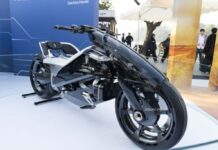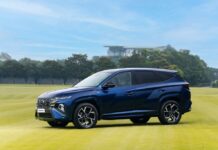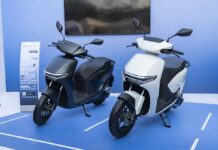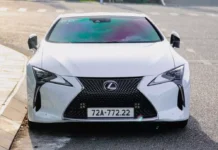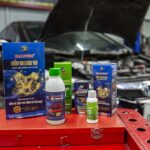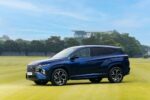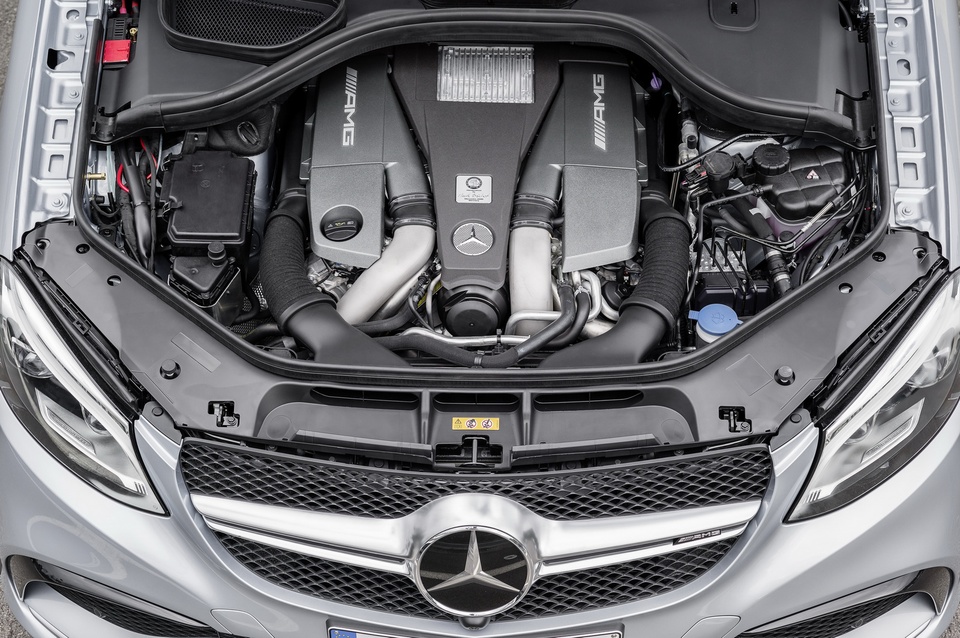
|
While acknowledging that the path to electrification is relatively challenging, Mercedes is pouring enormous resources into developing internal combustion engines. In an interview with the German publication Wirtschaftswoche, Mercedes CEO Ola Källenius confirmed that internal combustion engine technology will remain relevant well into the 2030s.
As a result, to comply with increasingly stringent emission regulations, Mercedes is committed to making significant investments. This year alone, the luxury German automaker has invested 14 billion EUR (approximately 15 billion USD) in its passenger car division. These investments are reported to primarily support advanced combustion engine technology, but they will also contribute to electrification and digitalization efforts.
While Mercedes’ leadership did not disclose the exact amount invested in internal combustion engines, they acknowledged that their current expenditures far exceed initial plans. In the Wirtschaftswoche interview, Ola Källenius also mentioned the S-Class and its mid-life cycle update, scheduled for release in 2026.
“We have invested more in the S-Class with internal combustion engines than we usually spend on a mid-life cycle upgrade,” affirmed the CEO of Mercedes.
|
|
According to Motor1, Mercedes aims to bring the internal combustion engine technology in its current models to the highest level of development. Källenius stated that without substantial investments in gasoline and diesel engine development, the company would have had to cease its internal combustion engine operations by 2027 or 2028.
The statements from Mercedes’ leadership likely allude to the latest emission regulations enacted by Europe and China. The German automaker’s goal is to fine-tune its entire portfolio of internal combustion engines and related transmissions to avoid hefty fines. Ola Källenius revealed that Mercedes’ future internal combustion engines will be electrified to some extent, indicating an increased presence of hybrid models within the Mercedes-Benz automotive lineup.
Three years ago, Mercedes set a target to have 50% of its total sales come from plug-in hybrid and pure electric vehicles by 2025. However, according to Motor1, this goal is now considered unfeasible.
Currently, Mercedes is believed to have postponed its goal of achieving 50% green vehicle sales to 2030. Ola Källenius reaffirmed the company’s ultimate objective of becoming a completely carbon-neutral automaker by 2040.
Mercedes’ leadership also dismissed rumors suggesting that the German luxury brand had abandoned the development of the next-generation EQS platform. They confirmed that plans to build eight battery factories remain intact, although these facilities will be launched slightly later than initially planned.
Motor1 also referenced rumors about an EQS model that was being developed as an extended-range electric vehicle, featuring a 1.0L turbocharged two-cylinder engine at the front axle. However, it is believed that these tests have been suspended.
Recommended Reads for Your Drive
The Xe section offers readers a selection of captivating books across various themes. During your journeys in your vehicles, there are often moments of relaxation, and books can be an engaging companion.
Revitalize Your Engine with Halotec Engine Oil – No Need for Overhauling
With no requirement for engine disassembly, Halotec maintenance oil can remove build-up and restore worn metal surfaces, providing a smooth and efficient operation for your vehicle. Customers will notice an immediate difference when driving their cars, as the product eliminates copper deposits and compensates for long-term friction damage.


